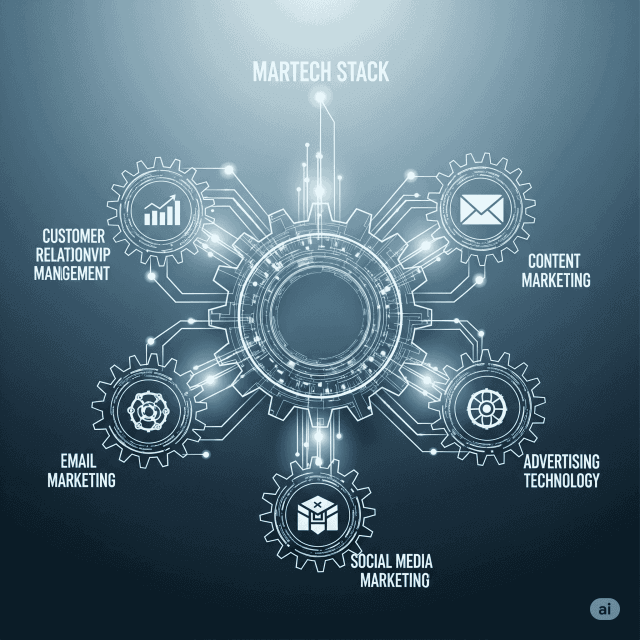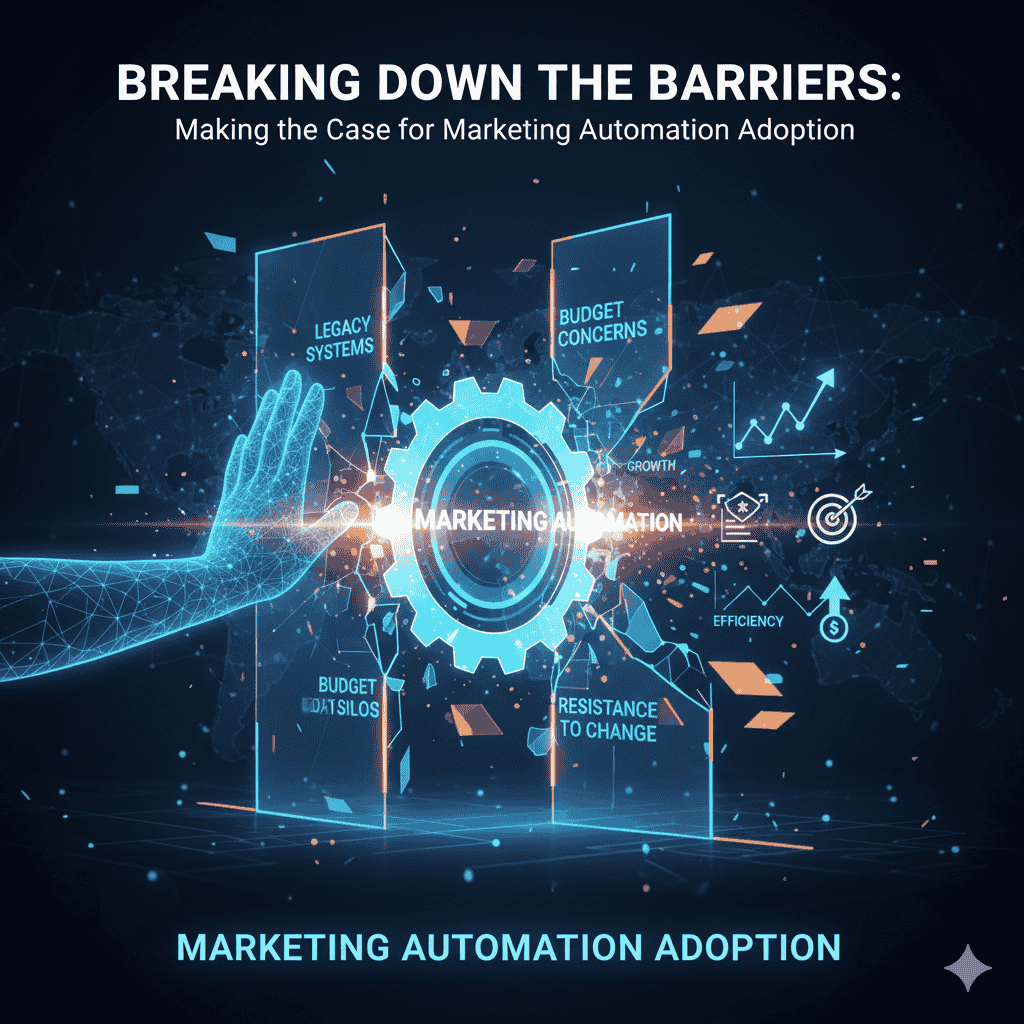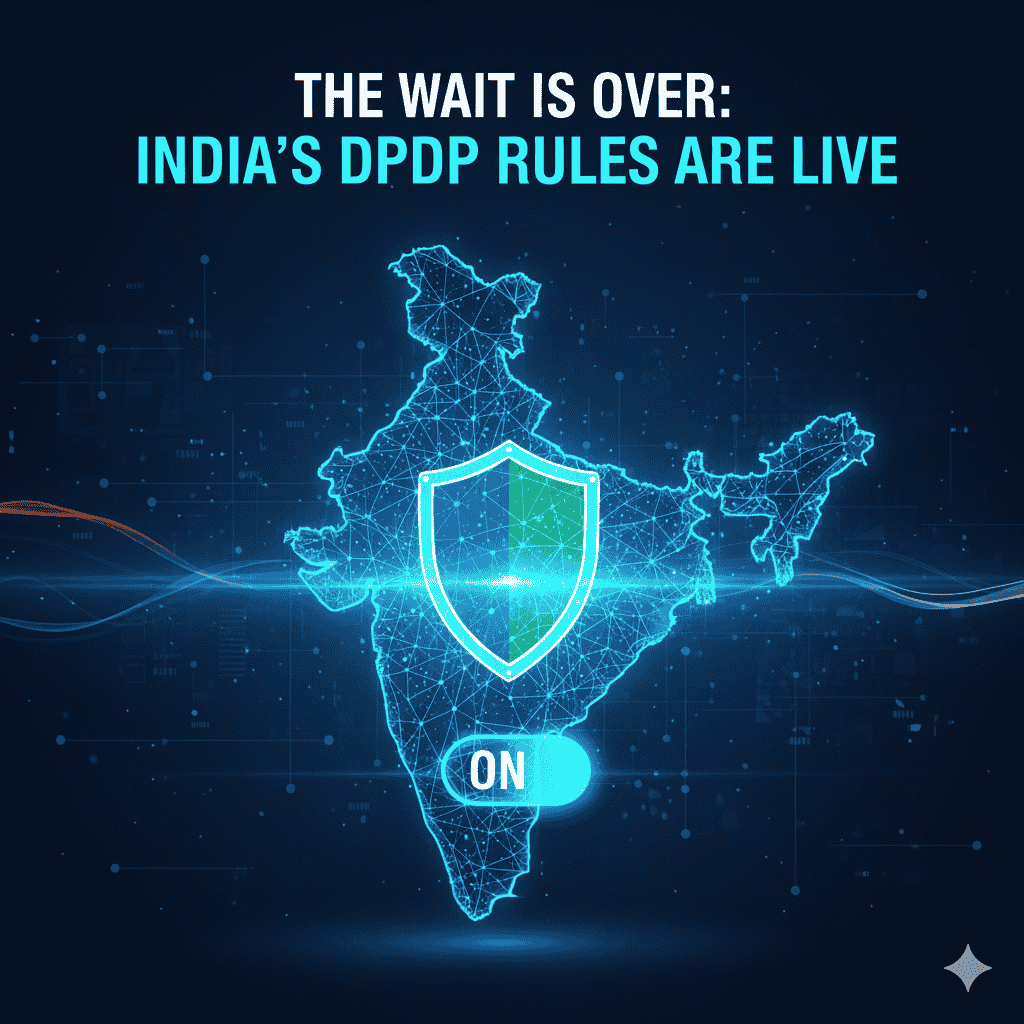As the digital landscape evolves, brands are increasingly turning to marketing technology (martech) to enhance their strategies and optimize customer engagement. A well-constructed martech stack can drive efficiencies, improve customer insights, and ultimately boost marketing ROI. Here are five key components to consider when building a successful martech stack.
1. Customer Relationship Management (CRM)
Importance:
A robust CRM system is the backbone of any marketing strategy. It collects, organizes, and manages customer information, providing insights into customer behavior, preferences, and interactions across various touchpoints.
Features to Look For:
- Segmentation: Ability to segment audiences for targeted campaigns
- Integration: Compatibility with other tools (email, social media, analytics) for seamless data flow
- Automation: Functionality to automate repetitive tasks, such as follow-ups and reminders
Benefits:
By leveraging CRM data, marketers can craft personalized experiences that resonate with customers, increasing loyalty and conversion rates.
2. Marketing Automation Tools
Importance:
Marketing automation tools streamline marketing tasks and workflows, allowing for more efficient campaign management. They enable brands to deliver timely content to the right audiences without manual intervention.
Features to Look For:
- Email Campaign Management: Tools for creating, scheduling, and tracking email campaigns
- Lead Scoring: System to prioritize leads based on engagement levels
- Multi-channel Capabilities: Ability to conduct campaigns across various channels like social media, email, and websites
Benefits:
With marketing automation, companies can nurture leads systematically, increase engagement, and enhance conversion rates by delivering relevant content at the right time.
3. Data Analytics and Business Intelligence
Importance:
Data-driven decision-making is essential for effective marketing. Analytics tools provide insights into campaign performance, customer behavior, and market trends, enabling marketers to make informed decisions.
Features to Look For:
- Real-time Analytics: Capability to analyze data in real-time for agile decision-making
- Custom Reporting: Options to create tailored reports that meet specific business needs
- Predictive Analytics: Ability to forecast trends based on historical data
Benefits:
A solid analytics framework helps identify successful strategies, refine underperforming campaigns, and better understand the overall customer journey.
4. Content Management System (CMS)
Importance:
A flexible and scalable CMS is vital for managing digital content efficiently. It allows marketers to create, publish, and manage content easily, ensuring a consistent brand message across various platforms.
Features to Look For:
- User-Friendly Interface: Easy content creation and editing capabilities
- SEO Optimization: Tools to help improve search rankings and visibility
- Customization Options: Ability to tailor content presentations based on user preferences or behaviors
Benefits:
A robust CMS enhances collaboration within marketing teams, improves SEO performance, and enables quick updates to content, keeping it relevant and engaging.
5. Social Media Management Tools
Importance:
In today’s digital age, social media is a critical communication channel for brands. Social media management tools help organizations streamline their social media efforts, from scheduling posts to tracking engagement metrics.
Features to Look For:
- Scheduling Capabilities: Ability to schedule posts across various platforms in advance
- Analytics Tracking: Tools to monitor performance and engagement across social sites
- Social Listening: Features that enable brands to monitor mentions and sentiment analysis
Benefits:
Social media management tools ensure consistent branding, enhance audience engagement, and provide invaluable feedback from customers that can inform broader marketing strategies.
Conclusion
Building a successful martech stack is not just about acquiring the latest tools; it’s about strategically integrating components that work together to enhance marketing efforts. By focusing on CRM, marketing automation, data analytics, content management, and social media management, organizations can create a cohesive and effective marketing ecosystem. This, in turn, enables them to better meet the needs of their customers, drive engagement, and achieve their marketing goals.








